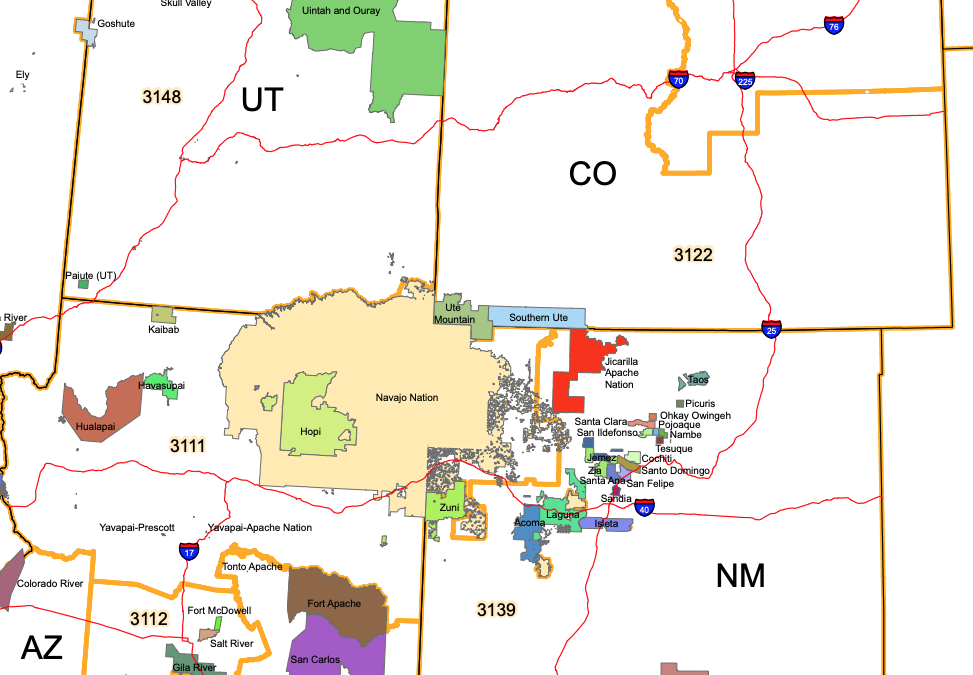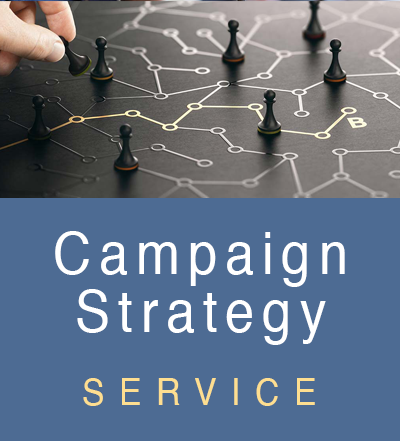Tribal unity for common survival
It is time for the tribes to join, together with allies, for their survival as the sovereign nations that they are. In 1492, when the Americas were “discovered,” there were up to 2,000 distinct languages spoken by the people already living here. Today, that number has dropped to less than 1,000 critically endangered languages. There are hundreds of federally-recognized Indian tribes still here whose ancestors entered into Treaties with the young United States. These treaties, which are international law, have not been honored by the USA.
From Palestine to Bears Ears
The injustice in the Middle East that we see on our phones is an injustice to us all. Gaza is looking more and more like a land-grab, what with Trump and others coveting the real estate and the large offshore fields of oil and natural gas. Similar smash-and-grab operations by the federal government are planned here in the USA. Trump is eyeing Bears Ears National Monument on Navajo land in Utah, eager to get at the resources in a place that should be protected by Treaty, and that is sacred to multiple local tribal nations. Indigenous people everywhere are threatened by cruel, thoughtless, lawless behavior of so-called leaders who are obsessed with resource removal.
An Indigenous caucus to link tribes and allies
Tribal sovereignty is currently threatened by cutbacks in federal funding done by the hostile administration, and by a misunderstanding among many citizens that tribal members are “minorities” with no special government-to-government relationship with the United States. If you are a tribal citizen or an ally of tribal people, please follow this site so that you can sign up for the Indigenous caucus. Through an Indigenous caucus we can give more support to Native issues politically, and we can also organize direct-action campaigns to bring in support by sharing resources and doing educational outreach.
The times we live in call for peaceful, organized group action
We live in a time when peaceful protest against genocide is criminalized, when social programs are cut while corporate welfare is fattened, when the “news” agencies fail to address obvious genocide, and when the president of the United States is openly hostile toward Native Americans and their sovereignty. We need to band together before it is too late.
Push back against desecration and resource theft
Especially if you are a “card-carrying Indian,” with tribal enrollment in the USA, we ask that you join us to help protect the people and to help educate people that the Treaties are the non-negotiable “supreme law of the land” per the U.S. Constitution. Let’s work together. Sign up for the newsletter and help us form a Green Party Indigenous Caucus in the USA.
The United States has a trust responsibility
The United States has a trust responsibility to the federally recognized tribal nations. In the early days of the USA, nations like the Sioux granted the settlers safe passage in exchange for protections that the invading people were supposed to secure. This has not been done, except for an acknowledgement that the U.S. government owes the original inhabitants something in perpetuity. Hence, the trust responsibility. Unfortunately, rather than enshire this responsibility in an unassailable and enforceable legal agreement, the funding has always been up for annual review. It has been a given that ethically-minded presidential administrations recognize the historic necessity to continue to fund programs to help the Native people here.
Tribes are under attack…again
At 5 p.m. on Valentine’s Day, the White House’s Office of Personnel Management (OPM) terminated thousands of federal employees serving the First Nations. The cuts reduce the federal government’s ability to deliver essential programs and services to Indian Country, including public safety, health care, education, and emergency management. The already-underfunded agencies in the firing line include the Indian Health Service, the Bureau of Indian Affairs, Bureau of Indian Education, and DOJ (Department of Justice) Office of Tribal Justice. This is unacceptable, and is in clear breach of historical agreements.
What is a caucus?
The word “caucus” is from the Algonquian Indian language (Native American), and means “to meet together.” Such meetings can be informal or formal, short-lived or of longer duration. In the House of Representatives or the Senate, a caucus is an informal organization of members that exists to discuss issues of mutual concern and possibly to perform legislative research and policy planning. In the state of Iowa every four years, the Iowa Caucuses are where the political parties meet to discuss and select the candidates for their party (in contrast to Presidential Primaries, where the people cast votes).
Caucuses of the Green Party of the United States (GPUS)
In the Green Party, caucuses are formed around identity so as to give voice to traditionally neglected and underserved demographics within society. Caucus members serve on the Green National Committee (GNC), and through their representatives have the voting power of a small state, with delegates voting on proposals, internal policies, and selection of presidential candidates. The GNC consists of representatives of state parties and accredited caucuses.
Green Caucuses increase diversity of the national body and ensure that community needs and concerns are given space in decision-making. The currently accredited caucuses of the national party are: Black, Latinx, Lavender (LGBTQIA+), Women’s, and Youth Caucuses. Others that are still forming and have not yet been accredited include: Disability, Elder, and the Indigenous Caucus.
Who qualifies as Indigenous?
Within the geographical boundaries of the USA, people who are members of the 574 federally-recognized tribal nations are Indigenous. Also called Native American or just Native, they may live on or off a reservation. The Canadian term of “First Nations” is respectful and indicates that the people predate European invasion, and that they are, indeed, nations. Additionally, there are tribes that have not (yet) been granted recognition by the Bureau of Indian Affairs (BIA), and their members should be considered Indigenous, as well.
Others may also be Indigenous
A careful wording of Bylaws for the Indigenous Caucus is necessary so that there is no “caste system” within the caucus. There are others who, like me, are “mixed bloods,” of various levels of blood quantum and cultural immersion, who consider themselves to be Indigenous. It is notable that a majority of Native Americans (87%) do not live on reservations and are in urban environments. In summary, Indigenous people may be tribal members on or off a reservation, they may be non-tribal members who self-identify as Indigenous because of their ancestry, and, for the purposes of inclusion in this caucus, they may be non-Native spouses of “card-carrying” tribal members.
Requirements for accreditation as a caucus
There are requirements for becoming an accredited caucus within the Green Party of the United States, such as written Bylaws that specify the mission, membership and operation of the caucus. Work has already begun on this. If you are interested in helping write the Bylaws for this caucus, please let me know. Also, the original slate of membership to be submitted must contain at least 100 members who are registered with the Green party or its affiliates, or who meet the requirements set forth for those states currently lacking Green ballot status or active Green organizations. We have close to 100 members who have signed up. I would like all of the “founding 100 members” to be tribal citizens. Currently, it’s a mix.




